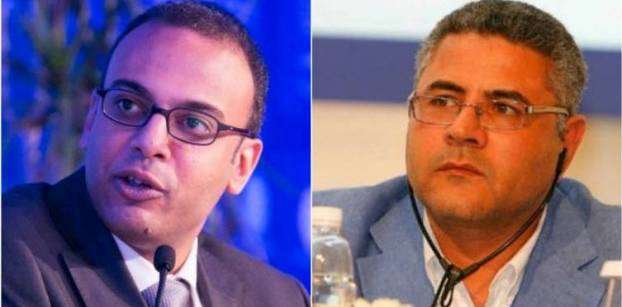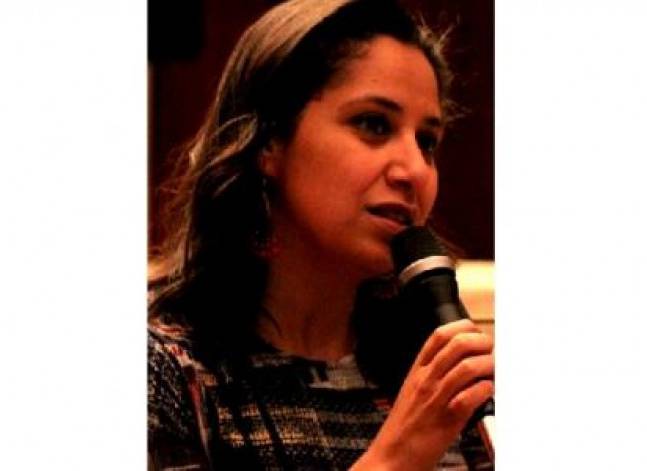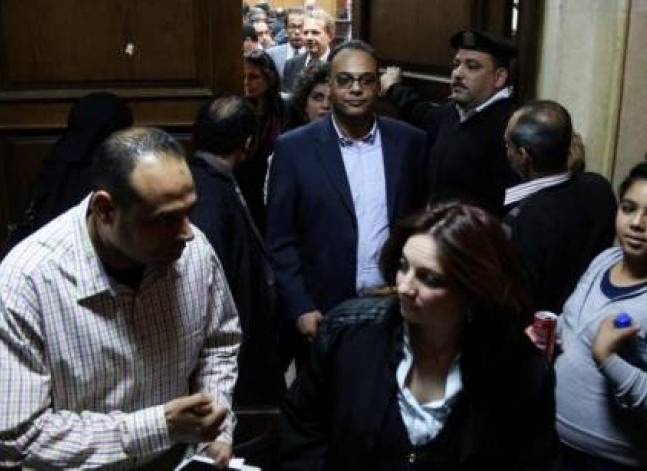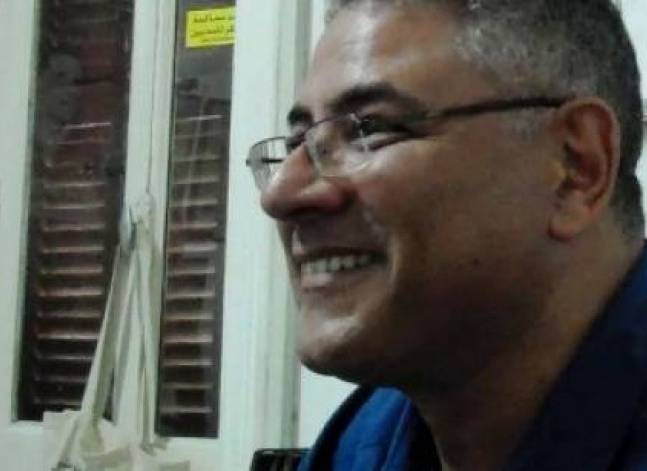Latest NEWS
- Aswat Masriya, the last word
- Roundup of Egypt's press headlines on March 15, 2017
- Roundup of Egypt's press headlines on March 14, 2017
- Former Egyptian President Hosni Mubarak to be released: lawyer
- Roundup of Egypt's press headlines on March 13, 2017
- Egypt's capital set to grow by half a million in 2017
- Egypt's wheat reserves to double with start of harvest -supply min
- Roundup of Egypt's press headlines on March 12, 2017
Egypt court freezes assets of Hossam Bahgat, Gamal Eid, other rights defenders
CAIRO, Sept 17 (Aswat Masriya) - The Cairo Criminal Court accepted on Saturday the prosecution's request to freeze the assets of a number of human rights defenders and organizations in connection with case No. 173 (2011), known as the “Foreign Funding Case.”
The decision includes founder of the Egyptian Initiative for Personal Rights Hossam Bahgat and the executive director of the Arabic Network for Human Rights Gamal Eid.
It also involves three rights organisations and their directors; the Cairo Institute for Human Rights Studies (CIHRS) and its director Bahy al-Din Hassan, the Hisham Mubarak Law Centre and its director Mostafa al-Hassan and the Egyptian Center for the Right to Education and its director Abdel Hafiz al-Tayel.
The court however did not accept the prosecution's request to freeze the assets of their family members.
About the status of EIPR and ANHRI in the case, Bahgat's lawyer, Taher Abu Nasr told Aswat Masriya that the accusations leveled against Bahgat and Eid involve only their personal accounts, and not the organisations either of them is affiliated with.
The case dates back to 2011, when 43 workers for foreign NGOs were charged with operating organizations and receiving foreign funds without a license. The defendants in the case, who included 17 US citizens, other foreigners and Egyptians, were sentenced from one to five years in prison in June 2013, many of them in absentia.
The case was reopened in March to include local NGOs.
"The court issued the order based on a motion from one of the investigating judges in case no. 173/2011 into civil society organizations," EIPR said in a statement Saturday, "State agencies have used the case politically for more than five years as a means to pressure civil society."
In its statement, EIPR said that it intends to continue defending rights and liberties “despite the continued state assault on all forms of civil association and initiative in Egypt over the last three years.”
Local NGO CIHRS described the ruling as a "blow to stability in Egypt".
The European Union also condemned the decision, saying "the increased pressure on independent Egyptian civil society, in particular human rights organisations and defenders, is not in line with Egypt's commitments to promote and respect human rights and fundamental freedoms as guaranteed by its Constitution and enshrined in the EU-Egypt Association Agreement, which is the basis for our partnership."
In its statement, the EU added that the crackdown on civil society is neither helpful for the stability, the security and the prosperity of Egypt.
The EU called on the Egyptian authorities "to allow the independent functioning of civil society organisations and human rights defenders as guaranteed by the Egyptian Constitution and in line with international human rights standards."
Similarly, global watchdog organisation Amnesty International referred to it in a statement as a "reprehensible blow" to Egypt's human rights movement.
Philip Luther, Middle East and North Africa Director at Amnesty International was quoted in the statement as saying that "the government’s brutal crackdown on dissent shows no sign of stopping, with enforced disappearances and torture becoming a matter of state policy."
Luther added that "Egypt needs these critical voices more than ever", since cases of torture and enforced disappearances are "becoming a matter of state policy."














